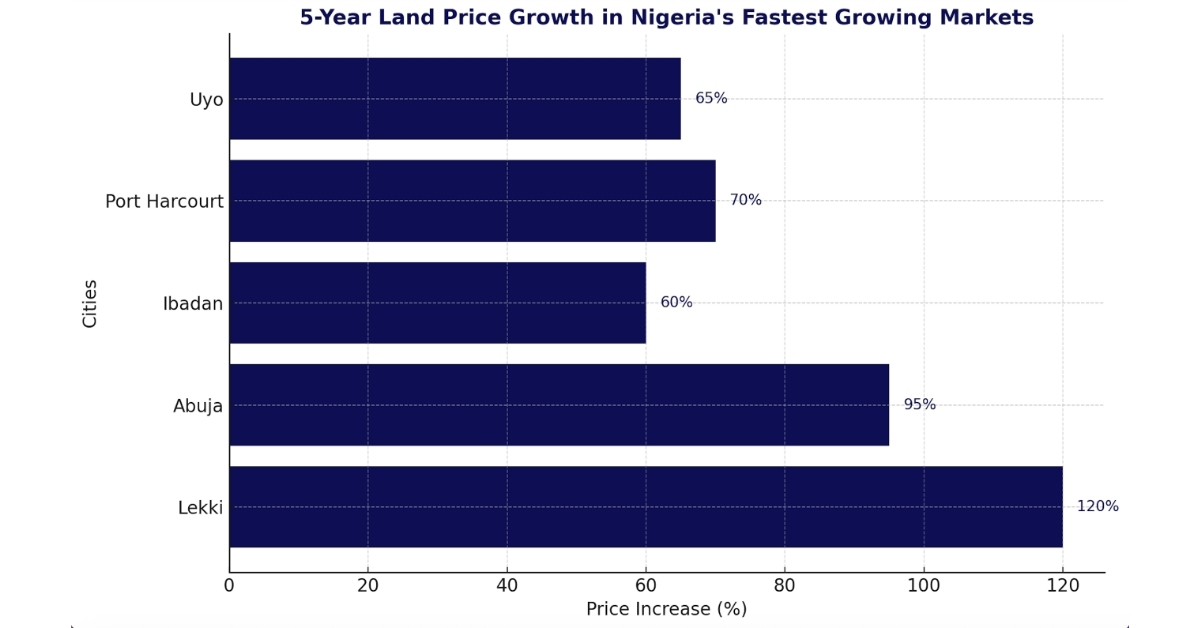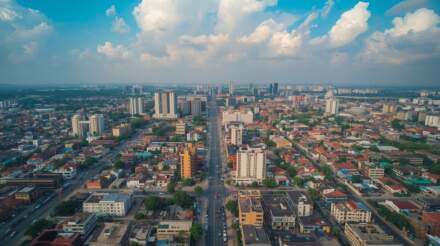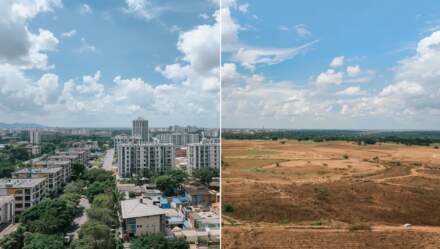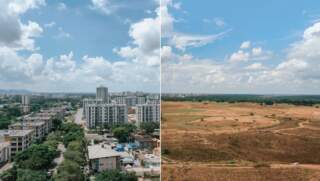In Nigeria’s real estate market, land appreciation has never been random. Behind every “overnight millionaire” story lies a pattern: infrastructure projects, migration, government policy, and rising demand. These are the sparks that turn quiet towns into thriving cities and transform early buyers into seasoned investors with impressive returns.
If you have been wondering not just where the opportunities are, but why certain areas are appreciating faster than others, this guide breaks it down for you.
1. Infrastructure Projects Driving Land Appreciation in Nigeria
Nothing accelerates land prices like new infrastructure. When highways, bridges, airports, and seaports come into play, formerly remote areas become prime investment zones.
Example: The Lagos-Ibadan Expressway and railway line have positioned Ibadan as a top alternative for those priced out of Lagos. Similarly, the Lekki Deep Sea Port and Dangote Refinery have made Ibeju-Lekki and Epe some of the fastest-growing markets in Africa.
Investor Tip: Track upcoming government and private sector projects. Buying land near these developments early often delivers the highest returns.
2. Urban Migration and Population Growth
Nigeria’s urban centers are expanding rapidly. With millions of people moving to cities like Lagos, Abuja, and Port Harcourt every year, the demand for housing and commercial spaces is pushing land values higher.
Example: Abuja districts such as Lokogoma, Jabi, and Lugbe have seen steady appreciation as professionals and families seek affordable housing within commuting distance to the city center.
Investor Tip: Watch population trends. Where people move, property values follow.
3. Government Policy and Industrial Hubs
Free trade zones, industrial corridors, and policy-driven hubs are shaping the real estate landscape. Areas tagged for economic activity often witness a surge in demand for residential and commercial land.
Example: The Lekki Free Trade Zone and Dangote Refinery corridor have transformed Ibeju-Lekki from bushland into a high-potential investment hotspot.
Investor Tip: Stay updated on government announcements — these often point to tomorrow’s property boom zones.
4. Affordability and Spillover Cities
As major cities become more expensive, buyers look for affordable alternatives. This creates spillover effects in nearby cities, where land starts to appreciate as demand increases.
Example: Abeokuta and Ibadan are attracting buyers who want the benefits of Lagos proximity without the high entry cost. These spillover cities are quietly becoming strong growth markets.
Investor Tip: Don’t ignore “secondary cities.” Their appreciation curve is often steeper because they start from a lower price base.
5. Emerging Property Markets in Nigeria
While Lagos and Abuja dominate headlines, other Nigerian cities are quietly building momentum. Places like Uyo, Calabar, and Asaba are gaining traction thanks to tourism, improved infrastructure, and relative peace.
Example: Land in Uyo remains affordable compared to Lagos or Abuja, but with government-backed projects and a growing population, long-term investors could see significant upside.
Investor Insight: Diversifying into at least one emerging market balances your portfolio and positions you for future growth.
Conclusion
Nigeria’s fastest-growing property markets is not just about location names, it’s about the trends driving those locations. Infrastructure, migration, government policy, affordability, and emerging opportunities are the forces heating up the market.
For investors, the lesson is clear, don’t just chase today’s headlines. Understand the why behind appreciation, and you will be positioned to buy land in the right place, at the right time, for the right returns.
At Trustcrow, we guide investors through these market trends, helping them make smarter real estate decisions. Speak to our team today to discover where the land is hot, and how you can take advantage.











